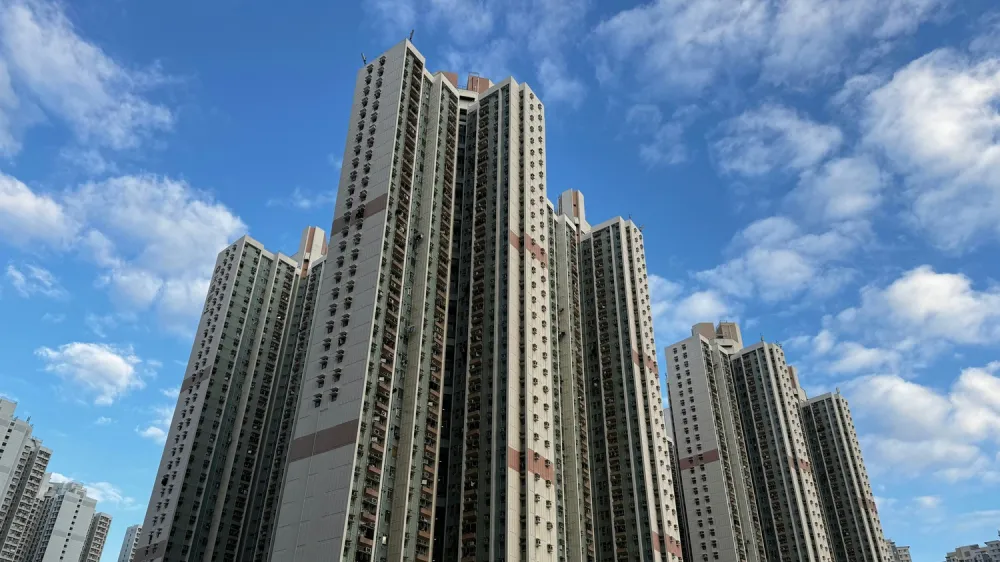
Impact of early QE3 removal to HK property stocks could be a re-run of 1994-style
Property stock prices fell more than 50% from peak.
Current stock prices are evidence of central bank liquidity allowing momentum to triumph over fundamentals. Yet continued improvement in the US economy and the markets could start to focus on an early withdrawal of the Fed’s quantitative easing measures, said Barclays.
For Hong Kong property stocks - the ‘poster boys’ of excess liquidity, barclays cautions that this holds significant valuation risks and the potential for a re-run of a 1994-style correction – fundamentally necessary, nevertheless messy.
Here's more from Barclays:
Selling bonds, buying interest rate sensitive stocks? The shift from bonds to equities evidenced by the rally in equity markets has been understandable, but at narrower than average NAV discounts: 1.2x their pre-bubble 2010 book values and at post 2007 historic price peaks, property share price valuations already look stretched. Stocks are not pricing in any potential for a property price correction.
When good news becomes bad news: Regardless of current noise around the debt ceiling, if the US economy continues to gain traction, then market sentiment could shift from the current ‘Goldilocks’ growth environment (not too hot, not too cold) to increasing concern of an early withdrawal of quantitative easing (QE). Recent FED minutes have already put investors on notice of this possibility.
The poster boys of excess liquidity: An early removal of QE would be significant for current Hong Kong property stocks valuations; probably comparable to 1994, when the Fed raised rates following a four-year ‘jobless’ US recovery. Property stock prices then fell 51% from peak to trough despite only a small relative over valuation in physical property prices.
Most exposed to a sentiment change: Those stocks most exposed to changes in US monetary policy are those with high Hong Kong property exposure, long duration land banks and higher leverage. Among the developers this includes: Sino Land, Henderson Land and SHKP. Property investor stocks would be affected by rising long-bond rates, forcing cap rates on investment property to rise. Link REIT would also be at risk from investors demanding higher dividend yields.



















 Advertise
Advertise






